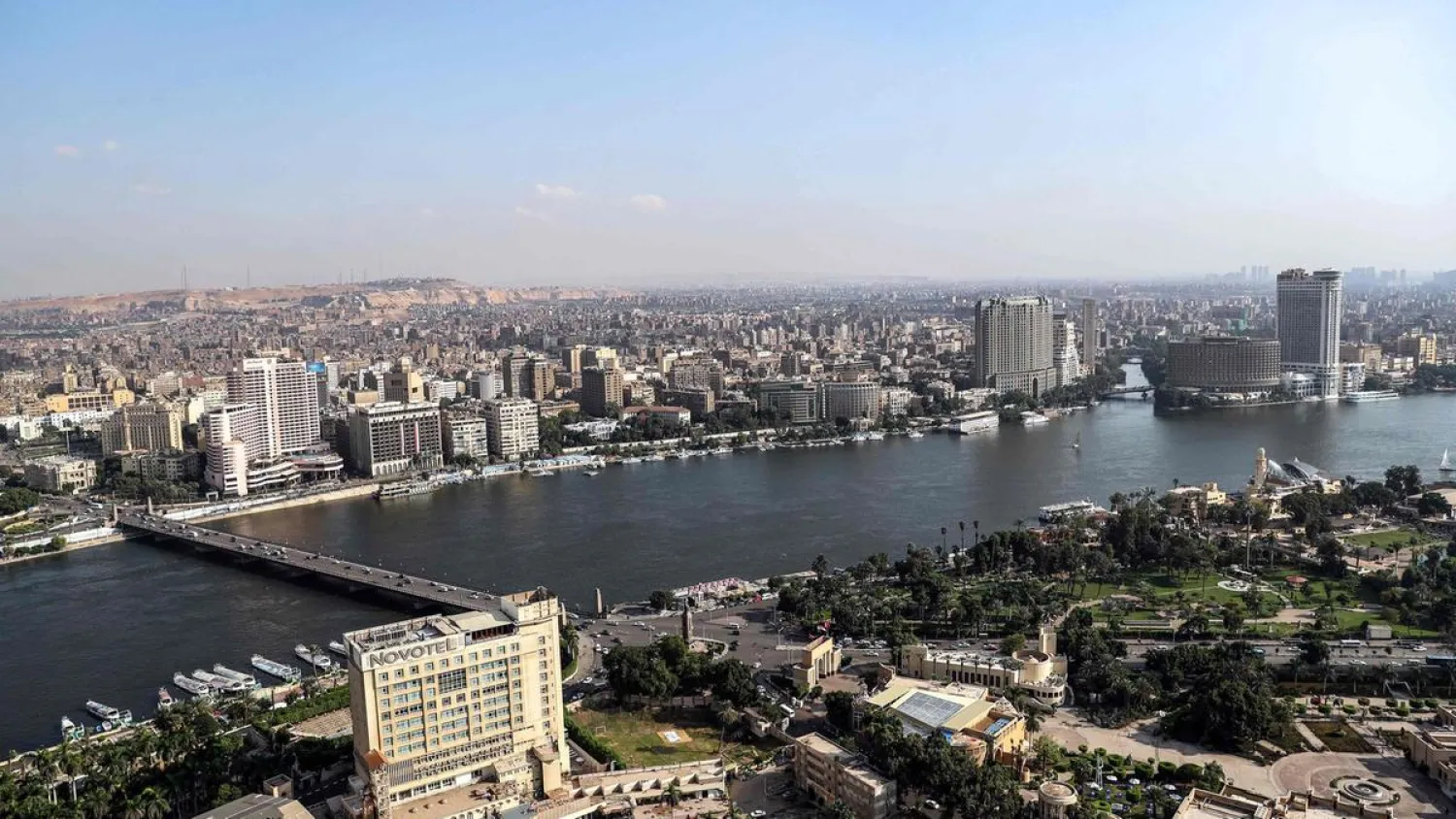The Egyptian-Saudi Joint Committee for the Development of Micro, Small, and Medium Enterprises (MSMEs) launched a website to showcase its efforts, as part of $200 million Saudi grant.
The grant is dedicated to supporting the state’s efforts to bridge the gap between financial institutions and MSMEs and enable their access to financing through intermediaries.
The launch coincided with the International Day of Micro, Small, and Medium-sized Enterprises that falls on June 27 and which was declared by the UN General Assembly to raise public awareness of their contribution to sustainable development and the global economy.
The website also provides a clear structure for intermediaries who require funding and would want to benefit from the grant through applying to the committee.
The launch was attended by the Egyptian Minister of International Cooperation Rania al-Mashat, and head of Saudi committee Hassan al-Attas, along with a number of officials from both countries.
Mashat praised the distinguished Egyptian-Saudi strategic relations, which are reflected in the development financing offered for several projects across various sectors.
The bilateral partnership includes the King Salman Program for the Development of the Sinai Peninsula, in addition to the grant offered for the development of MSMEs, which capitalize on the national and global sustainable development framework, said the minister.
She explained that the Saudi grant plays a vital role in bridging the financing gap between lenders and MSMEs in light of the paramount importance of these projects to the Egyptian economy, as it is a potential force that supports economic growth.
She noted that the grant has financed 2,180 micro, small, and medium projects so far through intermediary agencies in 27 governorates. The projects have contributed to creating more than 12,000 job opportunities.
The committee aims during the coming period to reach a larger number of beneficiaries.
For his part, Attas lauded the strategic relations between Egypt and Saudi Arabia. He explained that the launch of the website will facilitate access to the Saudi development financing directed to the support of the MSMEs in Egypt.
Attas noted that the website will create a communication platform through which the beneficiaries can showcase their success stories resulting from financial support.
He further added that the total cooperation portfolio between the two countries has reached $30 billion, with over 6,000 Saudi companies working in the Egyptian market.
The Saudi grant has helped finance several projects in various major sectors, in line with the Ministry of International Cooperation’s development strategy along with its economic diplomacy principles, he added.









